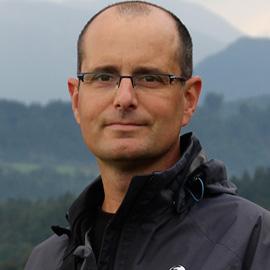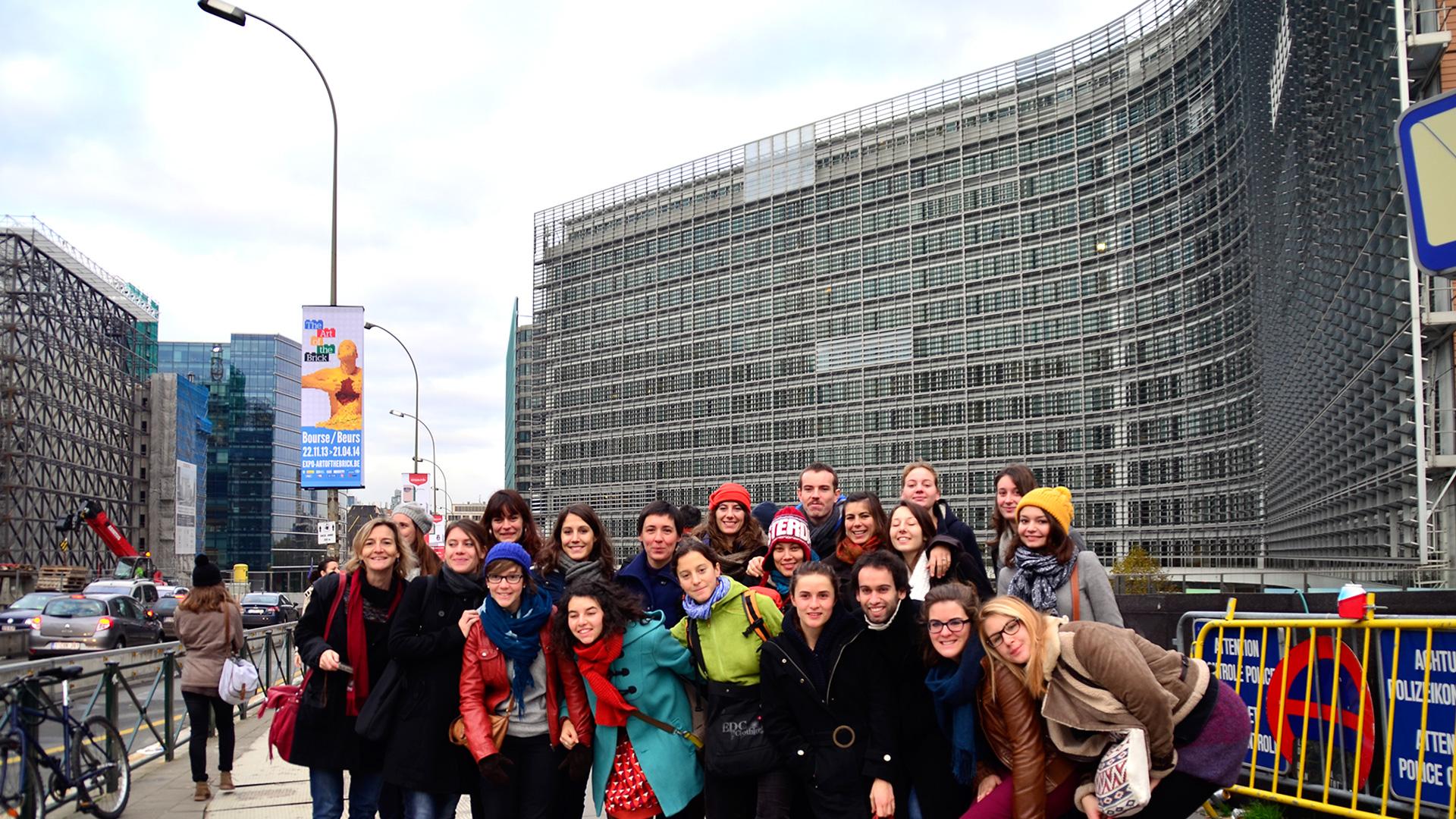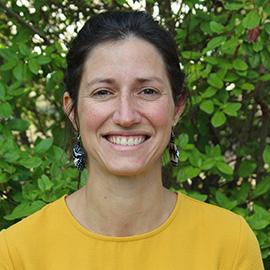|
What type of training ? |
une formation diplômante, sous statut étudiant |
|---|---|
|
For who ? |
étudiant titulaire d'un diplôme français, étudiant international |
|
Where ? |
l'Institut Agro Montpellier |
Objectives
The “Rural development: land planning, natural resource management and public policies” (TeRPPA) option draws from social sciences knowledge and analytical tools to train agricultural engineers to expertly navigate the interface between agricultural development, the environment, and local development projects.
Integrating complementary contributions from agronomy, ecology and hydraulics/hydrology, the programme covers public policy frameworks, public project assessment techniques, land management (economics), analysis of systems and actors’ strategies, organization of collective action (sociology), reading maps and landscapes, and territorial diagnosis (geography). The “Rural development: land planning, natural resource management and public policies” option prepares agricultural engineers to work on the design, support and assessment of land-use planning, rural development and natural resource management policies as well as policy and public project evaluation.
Themes
- agriculture and rural development, farms and farm organizations
- natural resources, environment, territories
-
Programme
Number of ECTS credits : 60
Language of instruction : In French
Two types of courses
- social sciences: law, economics, geography, sociology
- multidisciplinary: associating social sciences and agricultural and environmental sciences around four main areas of application: biodiversity management, water management and soil conservation, sustainable management of agricultural production systems, and management of periurban areas.
Diverse training methods are used: courses, tutorials and self-learning modules, meetings with professionals, case studies, study tours, field surveys. A group project, commissioned and funded by outside sponsors, is carried out, and concludes with a written report and presentation in the presence of project sponsors. This professional immersion experience makes it possible to acquire skills in how to meet technical specifications, negotiate with project managers, establish draft budgets and manage projects.
Overall course organization
The curriculum consists of courses and tutorials followed by a 6-month professional internship (compulsory).
The teaching team validates internship choices and the internship is supervised by one of its members (or by a Montpellier SupAgro teacher or researcher from the associated UMRs). The topic selected should be related to material covered in the programme. As it is a professional engineering training programme, internships in research teams only are allowed if the work has a truly applied dimension and the research is part of a professional network. The internship report is evaluated by a jury composed of teacher-researchers, the internship supervisor and an outside professional.
-
Admission
The 3rd year option is open, after review by the admissions committee, to students who have validated the M1 level (first year of a master's program) and come from:
- an international partner institution in the context of academic mobility (earning credits)
- a school of agriculture under the French Ministry of Agriculture and Food (See Ecole des groupes Ingénieurs) or the Ministry of Higher Education for Research and Innovation
- or a French institution with which Montpellier SupAgro has signed an agreement
Application forms may be obtained from the educational directorate of your institution.
Students who have not validated the 2nd year (M1) of the Montpellier SupAgro Agricultural Engineer course are not awarded a diploma at the end of the 3rd year of the training program.
-
Careers
The option prepares agricultural engineers for various management positions in the following fields:
- Support for the development and evaluation of agricultural, agri-environmental and territorial development policies related to rural areas in consulting firms, regional development corporations, semi-public companies, private companies and public institutions (territorial, national or European)
- Local development in local authorities, public utilities: project design and management (including renewable energy projects), supporting territorial management
- Agricultural development in agricultural or agriculture-related organizations, agricultural or environmental technical institutes: support to farmers, project design and management, animation, mediation
Geographic areas: France and Europe
Director of studies
-

Ronan LE VELLY
Lecturer
- Department of Economics, Management and Social Sciences (SESG)
Email : Ronan.Le-Velly@supagro.fr
Phone : +33 (0)4 99 61 31 92
Phone : +33 (0)4 99 61 31 92
2nd phone : +33 (0)4 99 61 27 40
2nd phone : +33 (0)4 99 61 27 40
Fax : +33 (0)4 67 54 58 43
Website :
Profil ResearchGate -

Françoise JARRIGE
Lecturer
- Department of Economics, Management and Social Sciences (SESG)
- UMR Innovation and Development in Agriculture and the Agri-Food Sector (INNOVATION)
- l'Institut Agro Montpellier
Email : francoise.jarrige@supagro.fr
Phone : +33 (0)4 99 61 26 62
Phone : +33 (0)4 99 61 26 62
2nd phone : +33 (0)4 99 61 27 40
2nd phone : +33 (0)4 99 61 27 40
-

Pauline LECOLE
Lecturer
- Department of Economics, Management and Social Sciences (SESG)
- l'Institut Agro Montpellier
Email : Pauline.Lecole@supagro.fr
Phone : +33 (0)4 99 61 24 41
Phone : +33 (0)4 99 61 24 41
2nd phone : +33 (0)4 99 61 24 48
2nd phone : +33 (0)4 99 61 24 48
Place
L'Institut Agro Montpellier
Campus de La Gaillarde
2 place Pierre Viala
Montpellier
Fees
€1,831 or €4,449* (see conditions, in French) + €100 Contribution Vie Etudiante et de Campus (CVEC) administrative fee
* Tuition fees for non-European Union students enrolled in regular programs (excluding those in priority solidarity zone, international agreements, re-enrollments, refugee students, and dependent students).
Contacts
L'Institut Agro Montpellier
2 place Pierre Viala
34060 Montpellier - France
Tél. : +33 (0)4 99 61 22 00 Tél. : +33 (0)4 99 61 22 00
Fax : +33 (0)4 99 61 29 00
contact@supagro.fr

















